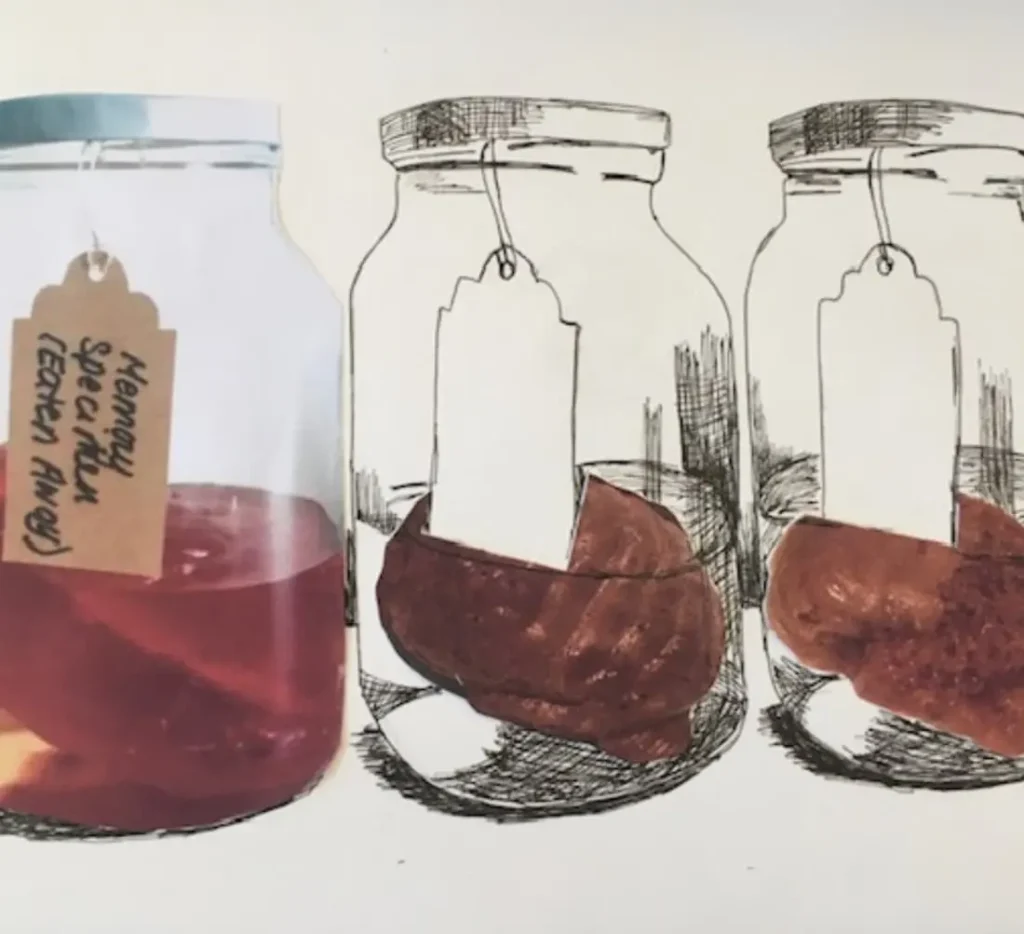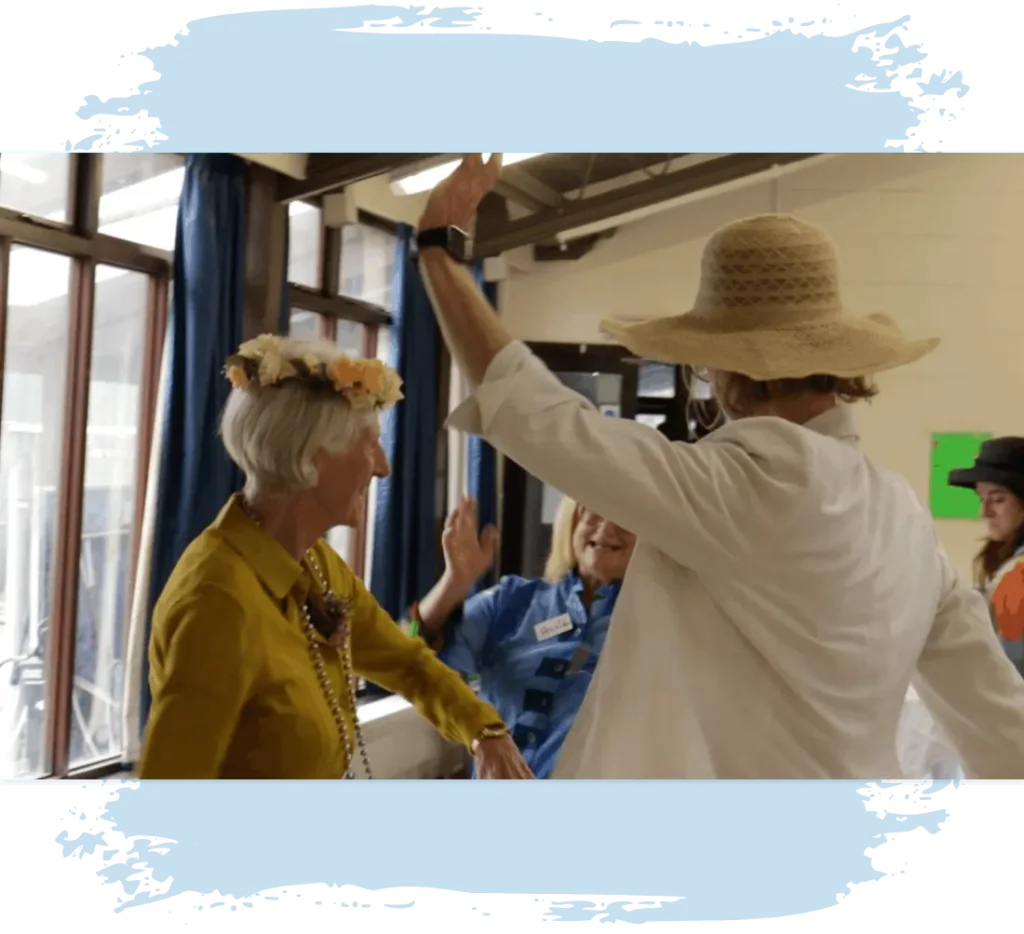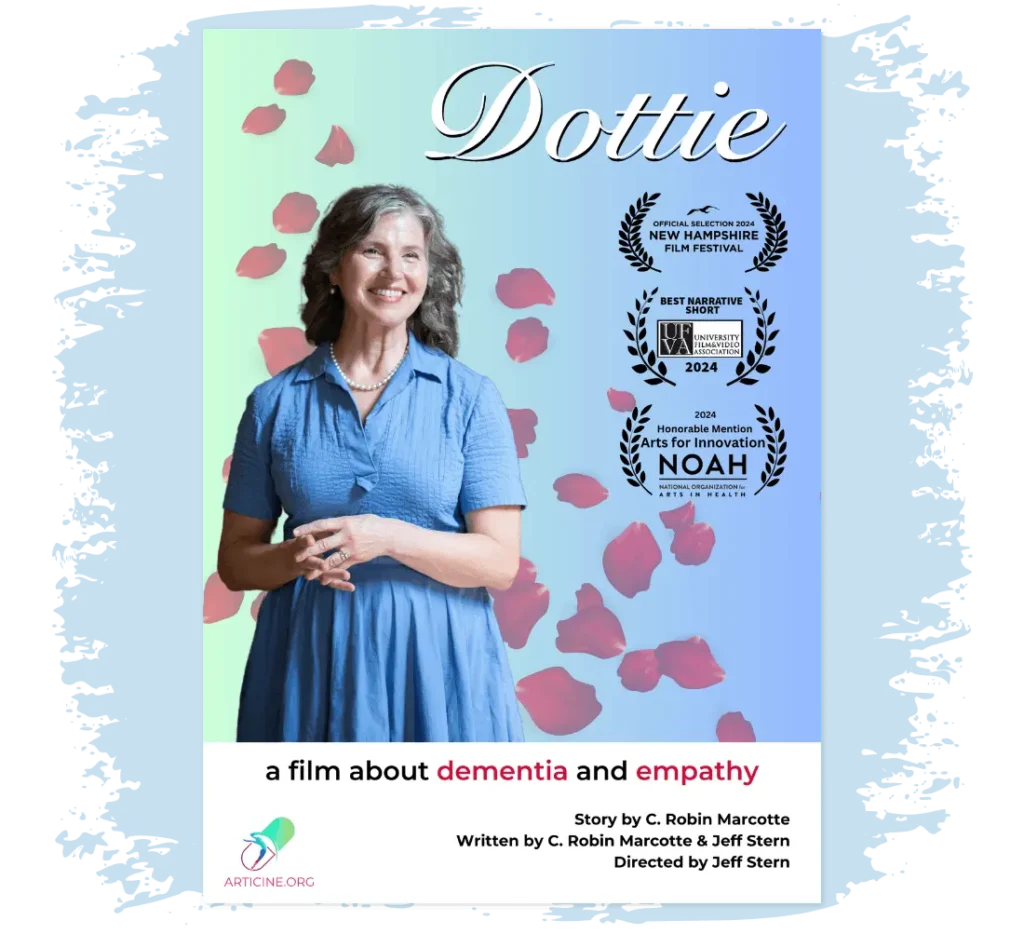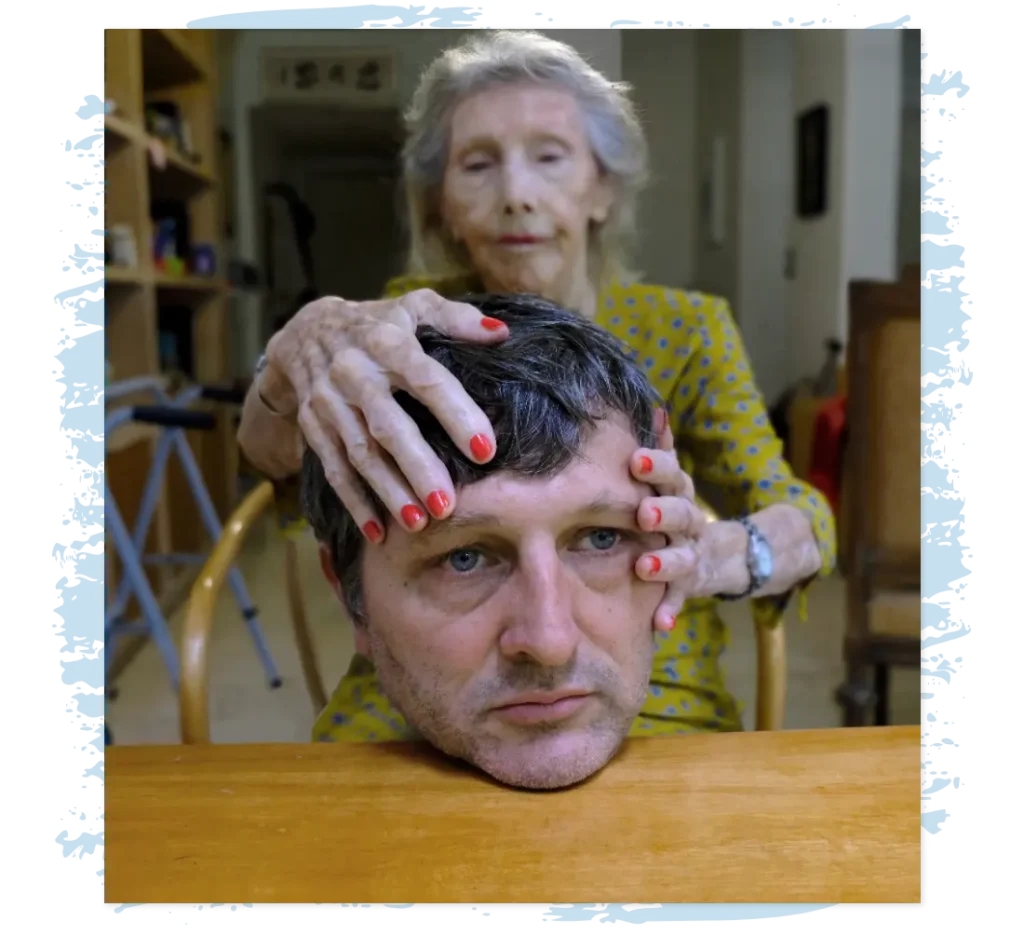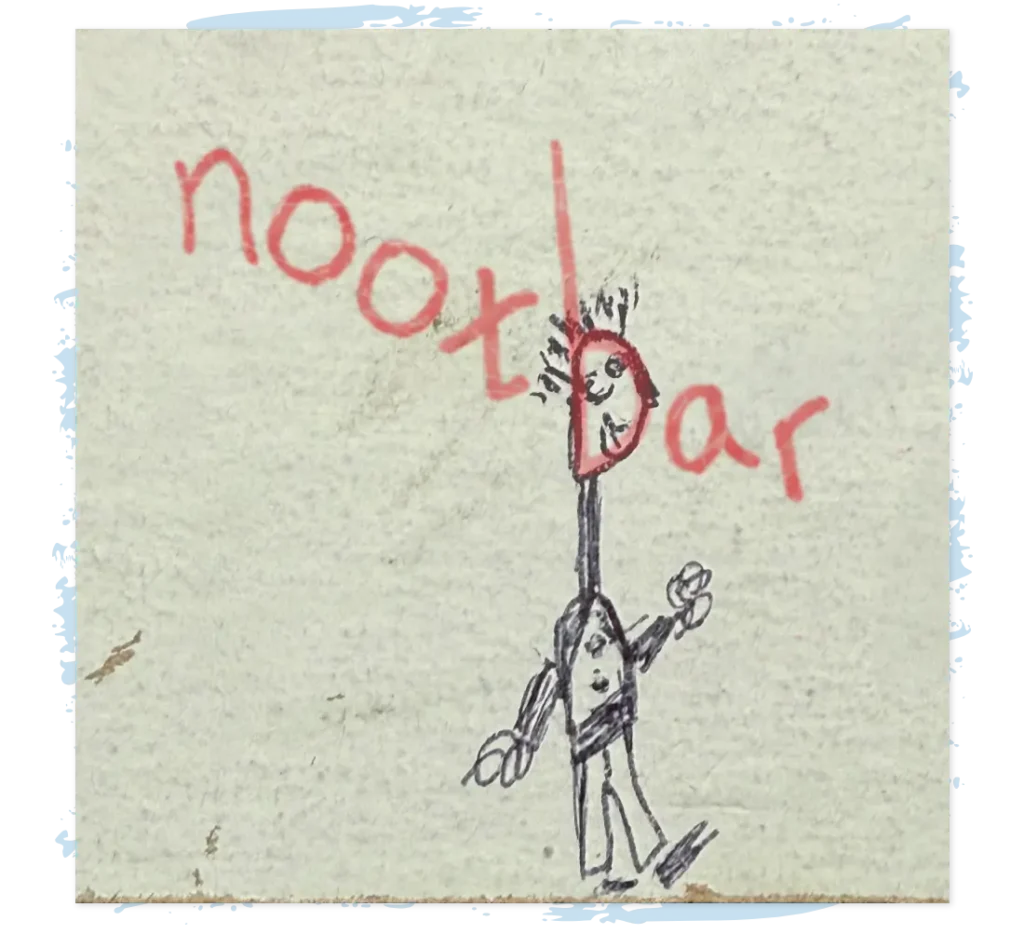What is Memory Loss and how did it come about?
I cared for my mother whilst she battled with dementia. Firsthand, I experienced its cruelty, how it strips a person of their memories and, in doing so, their identities and anchor in life.
My observations of her became a stimulus for this project, Memory Loss. It aims, through my artistic practice, to visually depict that sense of loss of context to the simple reference points we so often take for granted. Using the questionnaire a clinician had put to my mother in order to test her memory, I captured the raw materials for this film. The intention is to show how, in a few moments, what seemed observable and real disappears and becomes disrupted.
Memory Loss is a collection of 3 pieces, including the one described above. In addition, it consists of a physical jigsaw puzzle, based on a conversation with William Utermohlem’s wife and her experiences living with and caring for him, and a sculpture made of organic matter depicting the degeneration of the brain.
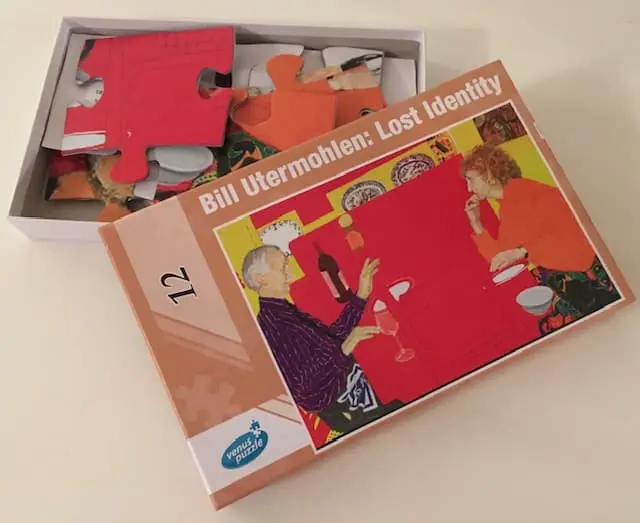
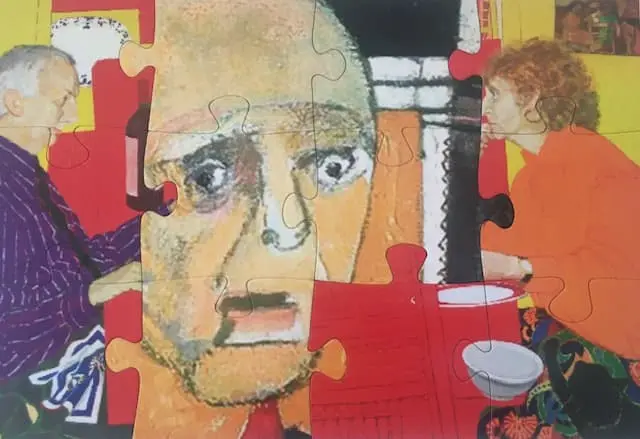
The simplicity of it has proven to be its strength, and its silence creates a piece of work that provokes the audience to think and be received with reflection.
Ania Ruszkowski
Who inspired you to grapple with dementia?
Over 8 years, I cared for my mother and saw dementia’s reality, how it reduced a person I thought I knew to a shell. My mother’s memories, character, humor, and life slowly extinguished. I remember with great sadness how I saw a strong, independent woman become fragile and dependent on me. How, in her confusion, she could be resentful and angry with the very people who loved her. Living with her highlighted how vulnerable each of us is—that who we think we are can disappear overnight. It left me with a profound sense of loss long before my mother passed away.
How has working on dementia-related art changed you?
My work on dementia opened up the need to explore identity further, to consider what influences us to become who we are, and to contemplate how our identities differentiate and form us. I now explore the roots of my identity and my British and Polish migrant history as a consequence of this piece of work and, of course, the broader influence my mother has had on me and my life, and the person who I am now.
How has the work been received?
The work was part of a broader project during my art degree. The simplicity of it has proven to be its strength, and its silence creates a piece of work that provokes the audience to think and be received with reflection.
This work is dedicated to: My mother
Find more from Ania Ruszkowski on her website and Instagram.

